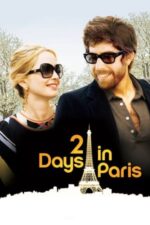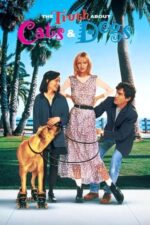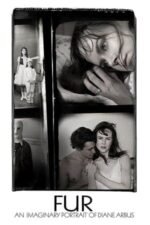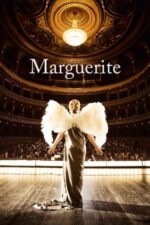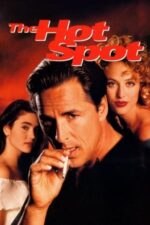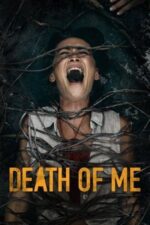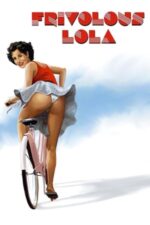Through a Lens: Exploring Cinema’s Relationship with the Photographer
Isn't it fascinating how often filmmakers choose to center their stories around photographers? It's more than just a convenient plot device; it speaks to something deeper about observation, memory, and our relationship with reality itself. The photographer, in many ways, becomes a stand-in for the audience – someone actively looking, interpreting, and trying to make sense of the world unfolding before them.
Think about Black Mold, for example. Brooke Konrad and Tanner Behlman aren't just documenting abandoned buildings; they’re excavating forgotten histories, both within those spaces and, crucially, within Brooke herself. The crumbling structures become mirrors reflecting her own buried past, a powerful visual metaphor for how we all carry the weight of experience. It reminded me a little of Nan Goldin’s photography – intensely personal, raw, and unflinching in its honesty.
And that's what I find so compelling about this recurring cinematic motif: it allows filmmakers to explore complex themes through a character whose profession inherently demands scrutiny. In Bullet, the photographer’s rediscovery of his passion through connection with a musician is beautifully rendered. It's a reminder that creativity isn't just about technical skill; it's about empathy, engagement, and seeing the world anew. It echoes something I always tell my photography students – sometimes the best shots aren’t planned, they’re moments of genuine human interaction.
Even films seemingly less focused on photography use the concept to great effect. River of Desire uses the visual framing of a photographer's eye to heighten the tension and voyeurism inherent in the story of familial rivalry and forbidden desire. It’s almost as if we, the audience, are peering through a lens alongside the characters, complicit in their secrets.
Then you have someone like Martin Parr, whose work – brilliantly showcased in I Am Martin Parr – actively challenges our perceptions of consumerism and culture. He forces us to confront uncomfortable truths about ourselves, often with a wry, almost satirical edge. It's a reminder that photography isn’t always about beauty; it can be a powerful tool for social commentary.
Ultimately, the photographer in film offers us more than just pretty pictures. They offer a perspective – a way of seeing and understanding the world around us, and often, ourselves. Whether they are uncovering hidden histories or simply capturing a fleeting moment of joy, these characters remind us that every image tells a story, if only we take the time to look.
What films featuring photographers have you found particularly impactful? I'd love to hear your thoughts!





















